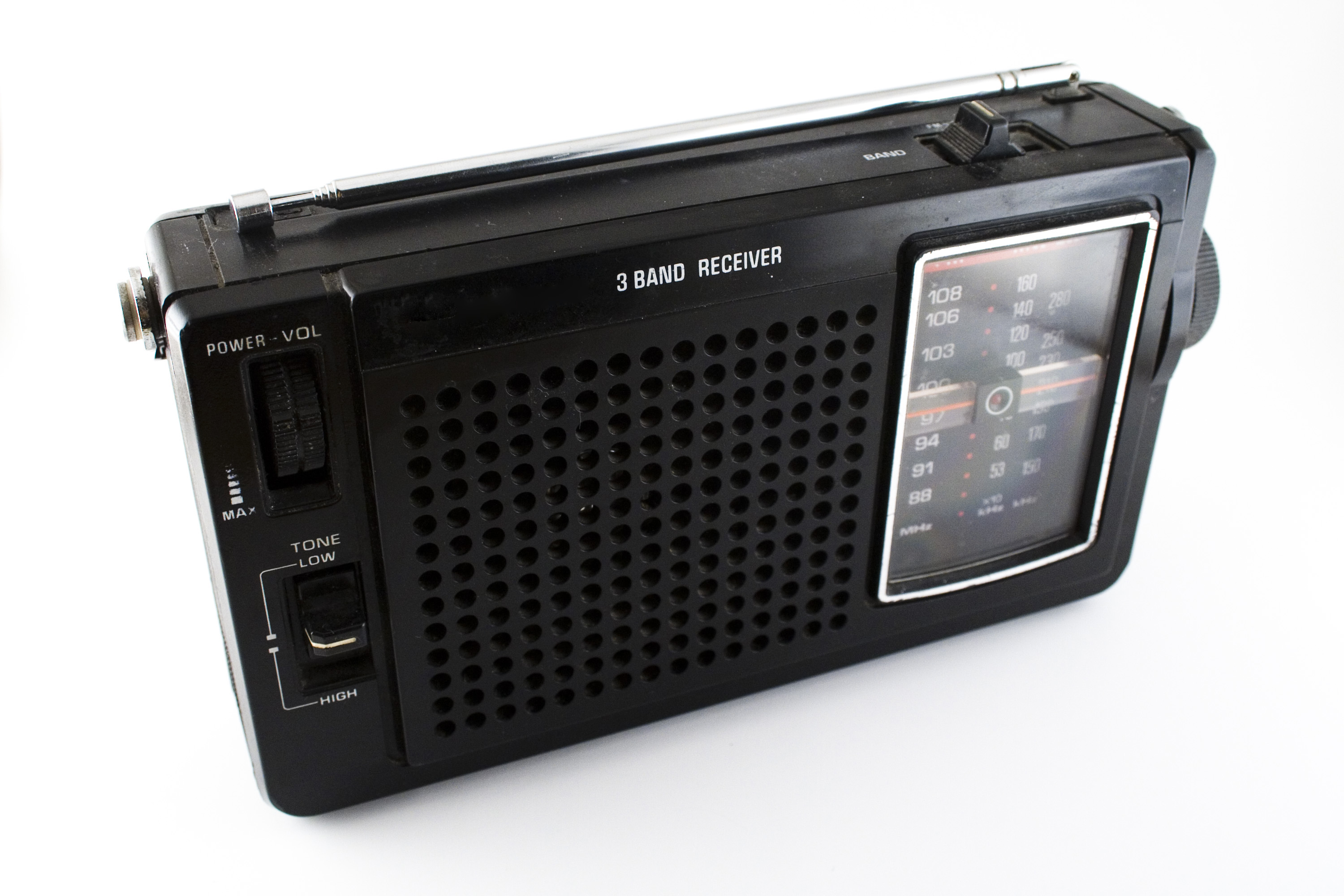Earlier in the week I attended a guest lecture by an award-winning journalist.
I was really looking forward to the lecture, namely because it’s always refreshing to listen to someone who has achieved so much in the industry.
The journalist began his talk by saying that if he was ever to teach an introductory journalism class, he’d first ask the students to raise their hands if they want change the world.
“I’d tell everyone who raises their hand to leave,” he said with a smile.
Sitting at the table across from him, I couldn’t help but wince.
On one hand, I get where the journalist was coming from.
Reporters are there to report – they don’t exist to jam their opinions down people’s throats.
Furthermore, there is nothing special about being a journalist. Arguably, anyone can be a reporter if they want to (though whether or not they do it well is another question entirely).
But on the other hand I thoroughly disagreed with this man’s worldview.
In reporting on an event, a journalist cannot help but change the world.
Journalism educates, holds politicians to account and assists individuals in formulating or re-evaluating their opinion.
It doesn’t matter how balanced or objective you try to be. (I would even argue that there is no such thing as objective reporting – this is a terribly idealistic way of thinking and ignores the way the real world operates.)
To presuppose that there is a clean, natural break between ‘journalistic’ reporting and more opinionated writing is also a flawed concept.
It fails to accept the largely audience-driven demand for more integrated, personal and immersive styles of reporting in which audiences are active participants in the creation of news.
Truth is not simply handed down, but negotiated between sender and receiver.
As young journalists we are instructed to use social media to converse with our audiences, and to let them know us as individuals.
Truth is more contested than ever before, and people understand how news is produced.
To ignore these developments in journalism is both naive and unhelpful.
What really annoyed me, though, was this man’s assumptions about university students.
He remarked that the industry had “become a lot more elitist”, and rife with reporters who assume audiences are intellectually unable to navigate truth by themselves.
This, he said, is because of “privileged” students entering the field.
He even went as far to ask if anyone’s parents worked in a trade or through manual labour. To his surprise – and my delight – more than half of the room put their hands up, including myself.
The idea that journalism’s humble aims are being trampled on by over-educated, middle-class students is ridiculous.
It is also a flawed argument, because it ignores the fact that more and more Australians are being university educated. (How dare people grow up to be well-rounded, critical thinkers!)
Placing the blame on the younger generation is also stupid and irrational. It’s not our fault that these days entry-level positions in the industry require you to have a bachelor degree.
If anything, it was the guest lecturer who was privileged. He was lucky enough to live in a time when all he had to do was apply for a job straight out of high school.
Nowadays aspiring journalists have to spend tens of thousands of dollars on an education and wade through countless hours of unpaid work – all without knowing whether or not they’ll get a job at the end of it.
We all know that journalism as an industry is seeing massive upheavals. Not a day goes by where it doesn’t turn a critical eye on itself (just earlier this week a Fairfax journalist was fired for writing an opinion piece for Crikey).
Journalists are losing their jobs. The industry is losing money, and graduates aren’t having much luck getting a foot in the door.
To say that the current media landscape is a turbulent environment would be an understatement.
With all this in mind, the last thing we need is for older journalists to stir up animosity between those who entered the industry with a trade certificate and those who are entering it with a bachelor’s degree.
We all have a job to do here. For heaven’s sake let’s get on with it.
Broede Carmody


